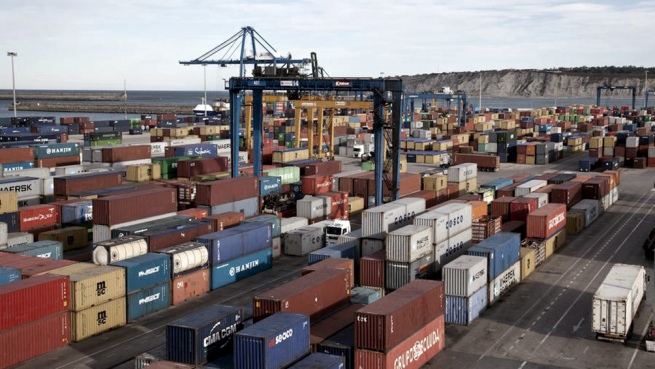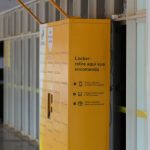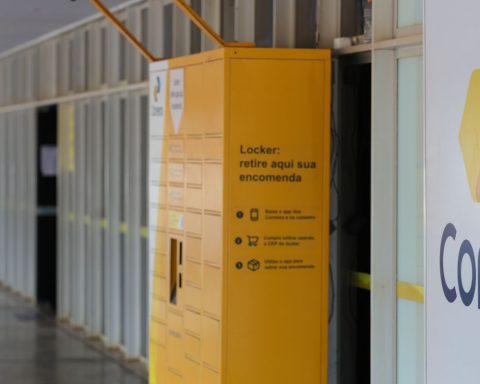The international rise in the price of energy and freight, added to the greater demand for capital goods and services, are driving imports to record highs that, for now, are offset by record exports from the agricultural sector.
At the height of the heavy harvest season, the inflow of dollars is enough to cover the needs of the domestic market, but puts in tension the goal of accumulation of reserves committed to the IMF, which set to reach US$ 4.1 billion of net reserves by the end of the first half.
However, in the first five months of the year, the Central Bank (BCRA) accumulated US$1,899 million in net purchases in the foreign exchange market, despite the fact that the agro-export sector liquidated US$4,231 million in May -the highest record for that month- and US$ 15,329 million so far this year, 15.2% more than the same period the previous year.
The difficulties of the monetary authority to add reserves respond, then, to the strong increase in the level of imports.
According to data from the trade balance recorded by the Indec, the trade balance at the end of the first four months -latest official data- was US$2,830 million, due to an increase in exports (US$27,681 million in total, +28.5 % against the same period in 2021) but even higher in imports (US$ 24,852 million, +41.6% in the same period).
Last year, this same account had given a surplus of US$4,001 million between January and April.
“The problem is that the Central Bank is not accumulating reserves that the economy needs to grow and import inputs and energy, the price of which has quadrupled internationally in recent months,” Equilibra’s director of macroeconomic analysis, Lorenzo, told Télam. Sigaut Gravin.
“Although exports took a very big jumpaccompanied by a rise in international prices, are not enough to sustain the level of activity that today is at the level of the end of last year and, in addition, accumulate reserves,” he added.
In this sense, although the price of the products that Argentina exports rose more than that of imports (+22.5% against +16.4% year-on-year, respectively, according to Indec data), the quantities imported grew much more than those exported, 21.7% against 4.8%, respectively.
“What was happening was the obvious: everything that smells like a dollar is bought. Companies advance imports of inputs and raw materials as much as they can, in addition to the fact that two thirds of the incremental imports are responding to energy imports” , pointed to Télam Ricardo Delgado, director of the consulting firm Analytica.
Specifically, between January and April of this year, the amount of dollars destined to import capital goods grew 35.9% and inputs for production or intermediate goods grew 34.5%, while energy was even higher: 195 .1%, according to the Indec.
To this is added the increase in the demand for dollars for the services account: freight demanded US$ 1,367 million in the first quarter, 77% more than last year (fundamentally due to an increase of 43.1% in the cost per ton ton transported), while the net expenses for “Trips, tickets and other card payments” were US$ 1,731 million, when last year only US$ 773 million had been demanded in this way.
The question in this scenario is how the monetary authority will accumulate in June the nearly US$2.2 billion that still remain to reach the reserve accumulation objective set by the IMF for the first half of the year.
“We are in a paradox, where the level of growth is high but we have not been able to accumulate reserves despite the fact that exports are at very high values due to the improvement in international prices,” said Sigaut Gravina.
And I add: “The problem of not accumulating reserves is that it is a goal that the sane person with the Fund sets for you and that, if it is not met, you enter into something more complex.”
For Delgado, one of the options that the Government could adopt is to “advance with a logic of greater quantitative control of imports, basically greater non-automatic licenses, quantitative restrictions and various foreign trade mechanisms.”
“Evidently Argentina’s monthly import levels are well above its average income in dollars and, of course, well above production levels, with which obviously something has to be done,” concluded Delgado.


















